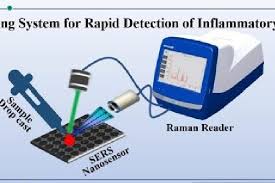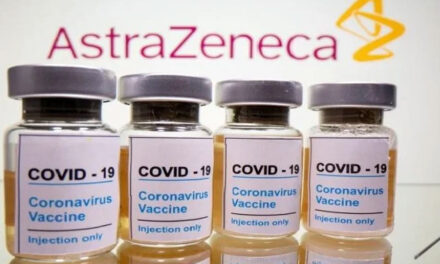In a groundbreaking development, researchers at the Indian Institute of Technology (IIT) Jodhpur have unveiled a novel nanosensor capable of targeting cytokines, proteins crucial in regulating the body’s inflammation levels. This pioneering technology promises to revolutionize disease diagnosis and progression monitoring, delivering results within a mere 30 minutes.
Current techniques for cytokine detection, such as enzyme-linked immunosorbent assay (ELISA) and polymerase chain reaction (PCR), are reliable but notoriously time-consuming, often requiring over six hours to yield results. Moreover, these methods demand trained personnel and extensive sample preparation, rendering them impractical for rapid diagnosis.
The newly developed nanosensor circumvents these limitations, offering swift and cost-effective detection of cytokines. Designed to expedite the diagnosis and management of conditions like Multiple Sclerosis, Diabetes, Alzheimer’s disease, and others, the sensor boasts unparalleled efficiency and precision.
Utilizing Surface Enhanced Raman Spectroscopy, the sensor can detect analytes even at low concentrations, thanks to its reliance on Surface Enhanced Raman Scattering (SERS) principles. This cutting-edge technology, rooted in semiconductor processes, heralds a new era in disease diagnostics.
Prof. Ajay Agarwal from the Department of Electrical Engineering at IIT Jodhpur highlighted the sensor’s remarkable capabilities, particularly its ability to identify key pro-inflammatory cytokines like interleukin-6 (IL-6), interleukin-beta (IL-beta), and TNF-alpha. These biomarkers play pivotal roles in inflammatory processes, making their rapid and accurate detection paramount in disease management.
While the nanosensor is currently undergoing testing on controlled samples, the research team aims to fast-track its transition to clinical trials. Furthermore, they are leveraging this groundbreaking technology to develop protocols for the early-stage diagnosis of conditions such as Sepsis and Fungal infections.
The findings of this groundbreaking research have been published in the prestigious 2023 IEEE Applied Sensing Conference (APSCON), underscoring the global significance of this innovation. As the nanosensor inches closer to real-world application, it holds the potential to redefine disease diagnosis and pave the way for more effective treatment strategies, offering hope to millions worldwide.











